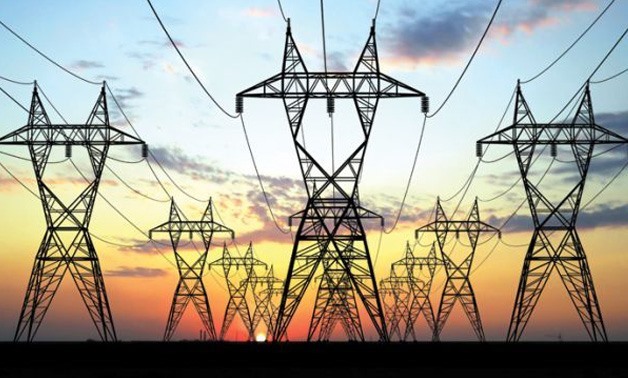
Electricity - Dodi via Flickr
CAIRO - 20 January 2019: With a perishing energy crisis and hopes pinned on surplus production slated to make the country a major exporter, Egypt is announcing a makeover in power purchasing to guarantee better prices and quality after an unprecedented hike on subsidy cuts.
Expected to be effective as of the year 2021, when energy subsidies entirely phase out, private companies will become more strongly involved in the process.
According to the government’s ambitious plan, investors can either demand buying a certain amount of power generated by the national grid or generate electricity from their own power plants before selling it to citizens.
With more investors and individuals tapping into the process, citizens are expected to benefit from the contest in terms of service quality; they will have the right to choose which company to purchase electricity from.
Diversifying energy resources is a pillar in Egypt’s future energy map, as it seeks to increase the share of renewables to 42% by the year 2035.
Egypt’s electricity cycle goes through the Egyptian Electricity Transmission Company (EETC), which buys all types of electricity generated from different sources before selling it to distribution companies, which in turn sell the generated power to citizens, investors, factories…etc.
Egypt has nine distribution companies across the country. The Egyptian Electricity Holding Company (EEHC) is an Egyptian joint-stock company, and is responsible for all power plants, transmission and distribution networks nationwide.
Liberalizing power prices
Egypt started gradually removing energy subsidies in 2016, a process set to be finalized in 2021. The move will lessen the burden on the ailing budget and direct expenditure to restructuring the electricity sector. These factors and the flotation of the Egyptian pound have burdened consumers in terms of the pricing of services, food and energy bills.
The makeover in selling electricity will be achieved by “liberalizing power prices and opening the door for competition between investors, which will eventually benefit citizens,” Minister of Electricity Mohamed Shaker said, according to press statements.
Investors will be permitted to trade in electricity as of 2022, according to Shaker, who explained that liberalizing the price of power will allow citizens the right to choose the lower price and better quality offered by different investors.
Shaker said that the ministry will continue to provide electricity to citizens through a unified price per kilowatt after subsidies are lifted.
The ministry’s plan to provide a fixed price of kilowatt/hour is linked to its plan to expand renewable energy projects, besides raising the efficiency of power plants to decrease fuel consumption.
Modern technologies generating electricity for Siemens’ megaprojects in Beni Suef, Burulus and the New Administrative Capital with a capacity of 14,400 MW save fuel worth more than $1billion annually. Refurbishing the old power stations and using more modern turbines are moves on the ministry’s radar to avoid price hikes and guarantee a better-quality service.
Boosting private investment
The current law already allows companies to sell electricity to people while the price is monitored by the Customer Protection Authority.
Accordingly, a number of private companies have already distributed electricity to citizens, mainly in new urban compounds like Madinaty, where a company carrying the same name feeds the entire residential area, the former head of North Cairo Company for Electricity Distribution El-Hosseiny el-Far tells Business Today Egypt.
The government reportedly only has authority to transfer electricity, through the official Egyptian Electricity Transmission Company (EETC), while the private sector is incorporated in the other two phases of production and distribution.
“The system has not been generalized on a wide scale; only private companies now distribute electricity to different areas based on proximity. But when applied efficiently, even citizens will be able to sell excess power to the government,” a member of the parliamentary committee for energy and environment, Hamada Ghallab, tells Business Today Egypt.
The new selling process will benefit the state as it recovers from power shortage, where the big future plan is “to turn Egypt to an energy hub and a strong exporter of electricity, not only on the regional level but internationally as well,” according to Ghallab.
Supporting his statements, Ghallab referred to an L.E. 750 million Kuwaiti loan approved by parliament more than one year ago, allowing the financing a power network linking Egypt to Saudi Arabia. Morre Gulf countries are expected to join the network as the linkage progresses.
“It will be a long time before the new system is put into action,” the parliamentary secretary of the energy committee El-Sayed Hegazy says, referring to failed attempts by electricity companies to sell shares in the stock market “because it is very expensive.”
However, Hegazy lauded the new system in providing a variety of offers with different prices. He argues, “When there is a competition between companies, the price normally falls, and then the consumer has the right to choose good quality and affordable service.”
According to Hegazy, investors who have distribution networks will be able to sell directly to citizens; otherwise, they sell to the EETC.

Comments
Leave a Comment